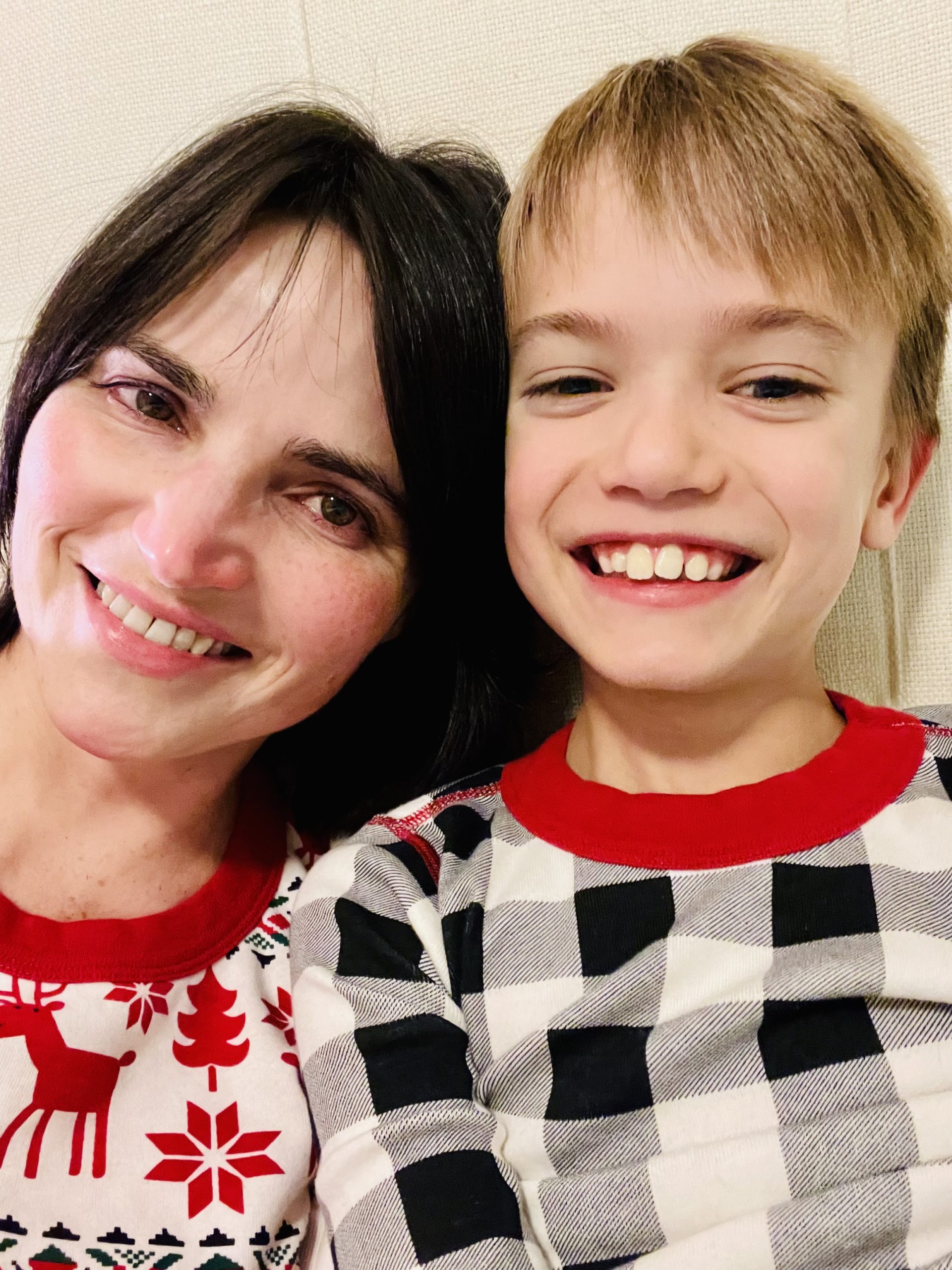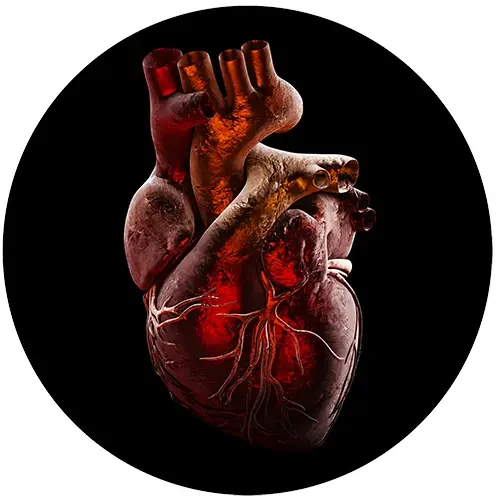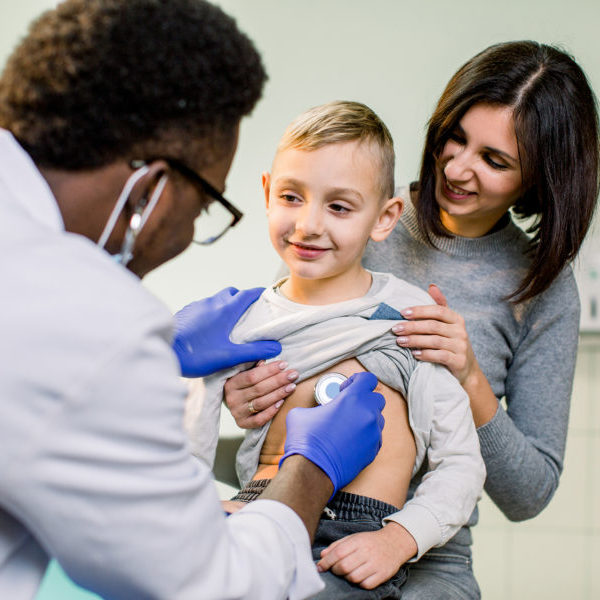ashley fisher
Ashley is a mother of two, wife and attorney who lives in Baltimore, Maryland. As a child, she was fairly active, and here family was not aware that HCM was part of their history. As she entered her late teens, she tried to stay active but noticed that she became short of breath and felt tightness in her chest even when she ran a small distance at a slow pace. She mistook this for being out of shape and not exercising frequently enough. Walks across her college campus left her red-faced and winded and no amount of "conditioning" improved her exercise tolerance.
When she was about 20 years old, her nurse heard a substantial heart murmur during a routine checkup. This prompted Ashley to follow up with a cardiologist who then diagnosed her with HCM. The diagnosis was far from a relief but it did offer her an explanation as to why she could not participate in athletics to the same extent that her peers could. She was prescribed beta blockers that made her feel tired.
A few years passed and she began to show even more severity in her symptoms. She also began to feel more palpitations and presyncope (the feeling of almost passing out). The symptoms and high-risk factors for sudden death indicated that she would need an ICD (implanted cardioverter-defibrillator). Her first ICD was implanted just one month before she began law school in 2002. In 2005 she got married and while dancing at her reception, her ICD shocked her 6 times. Paramedics arrived and took an EKG, and by that time, she was back in normal rhythm. Interrogation of her ICD showed that she had experienced ventricular tachycardia.
Despite this, she considered herself to be a healthy person who could do whatever she wanted with the exception of a few exercises, as long as she stayed hydrated, took her medication, and watched her exertion level. A few years after having her first child, and under careful supervision of a high-risk OB and her cardiologist, Ashley gave birth to her first child. A year later, she had a few more incidences of ventricular tachycardia that resulted in shocks from her ICD. This second round of ICD shocks - though lifesaving - took an emotional toll.
Please share this story to bring awareness to Heart Month!
To learn more about hypertrophic cardiomyopathy (HCM), go to https://www.4hcm.org.
#4HCMAwareness #HCMStrong #HCMDay #4HCMWarriors #4HCM










